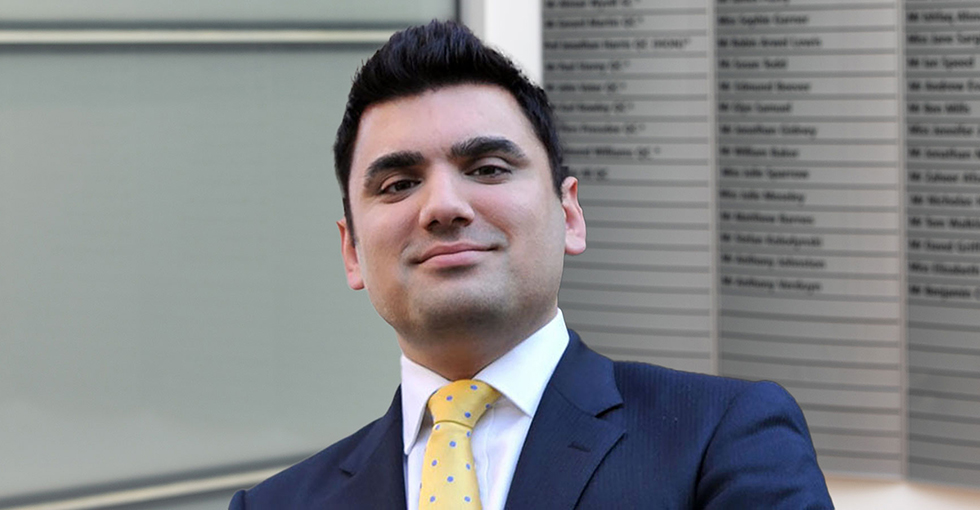This article was originally posted to LinkedIn by Iqbal Mohammed.
Having had my first unsuccessful mediation in London, these are my thoughts on how best to prepare for one
1. Clients should be well-prepared and understand what mediation is. If you only intend to repeat previous offers (or make the same offer), mediation will fail. Compromise and, therefore, making and considering offers, is essential. Clients should be fully prepared on what kind of compromises may or may not work. Clients should be briefed on what mediation is and how it works. This may be obvious to lawyers but its not always done or often expected to be done on the day… which is too late.
2. Unless a specific end time is agreed, Clients should be available for the whole day, to midnight. We learned (with opposing solicitor) that the other side were catching a flight home from Stanstead at… 5pm. Mediation can’t be successful with one side imposing a time limit, still less with one side committed to leaving randomly. No one will settle with a clock imposed by their opposite in litigation so its not tactical or clever to impose one.
3. Clients should have full authority to settle. Sending an underling who must call a shadowy figure for approval is not a power play. It will likely derail the mediation or worse, come across as an act of bad faith. The decision maker really needs to hear the mediator and be present, to be able to make the most informed decision. Constantly updating and repeating things to someone not present (who has to decide) also adds unnecessary delay and costs momentum. If the person with authority cannot attend, then solicitors should obtain express authority in writing for the attendee to settle to certain stage.
4. Choose a mediator carefully. It’s not necessary to pick one neither solicitor has used. I think it’s better to use a known quantity, even if used only by the other side. If you prefer, you can ask colleagues, counsel or even clerks in chambers about proposed or other mediators. Picking a mediator from a list neither of you has used, on just that basis, is not a good idea. In my experience, using a mediator recommended by the other side (providing that you professionally get along) is a good idea.
5. Think about the bundle; it’s tempting to throw everything in it but including only the best documents from each side is a better use of a bundle. You want the mediator and the other side to see the best of what you have for trial. Of course, this also makes the key documents easy to find and use. Adding in all correspondence will only inflate fees for the mediator and counsel; with that extra reading being pointless.
6. Mediation (‘position’) statements which just explain how great your case is are of little use. Mediation is without prejudice and privileged. So use that: offer a realistic appraisal of your strengths and weakness to justify your settlement expectations. Likewise, it’s good to even make an opening offer to get mediation off to a quick start. If that’s not possible, at least set out the parameters or shape of the kind of settlement possibilities. I think if you have not made offers, an opening offer is a good idea.
7. Have a joint session and ensure clients speak. It’s really important to see the other side. Sometimes lawyers (or clients) avoid this because they think it will just be “chest beating.” Any decent mediator will ensure that it’s not. The reason joint sessions are valuable is that you can assess the other side for trial. It’s really informative to see how they behave and explain themselves. It allows you to get an impression of their credibility. In my experience, it’s also excellent for getting behind the legalise and getting a sense of the facts directly. In one mediation I had, the other side basically disavowed their pleaded case on an issue.
8. Think outside the box. Often mediation is about money. However, sometimes a deal can be something completely different, despite the claim being about money. In my case, which was a claim for damages based on alleged defective plant machinery, our offer to upgrade the machinery was more attractive than our monetary offers.
9. Solicitors are more than capable of conducting mediation as they are conducting trials. It depends on their experience. If you have comparable experience to your opposite number, not using counsel may be fine. However, if your counterpart is counsel and has experience in trying like cases, you should consider retaining counsel. My own opinion is that counsel used for advice or drafting on the case should always be used. If you do use counsel, make sure it’s someone who has the skills for mediation as opposed to being great in court.
10. Mediation is expensive. The costs of lawyers, mediator, travel etc., all add up. Its therefore critical that it’s not a waste of time and money. It’s an investment in trying to settle the case and avoid further cost and uncertainty. So, it should not be used where a client has a fixed position or where you don’t genuinely want a compromise. If you are bound to win and have nothing to gain from compromise, proceed to trial!
Whilst every effort has been taken to ensure that the law in these articles is correct, they are intended to give a general overview of the law for educational purposes. Readers are respectfully reminded that it is not intended to be a substitute for specific legal advice and should not be relied upon for this purpose.
Please also note that these articles represent the opinion of the authors and does not necessarily reflect the view of any other member of chambers.










